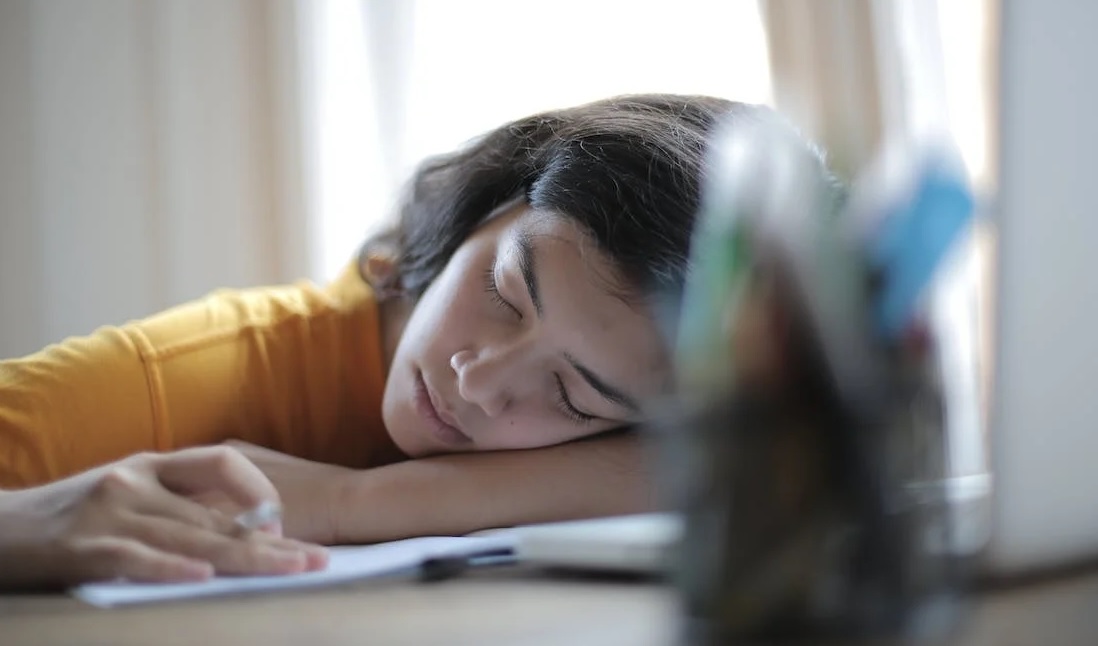Understanding Excessive Sleepiness: Causes and Solutions
Feeling constantly sleepy or fatigued can be frustrating and detrimental to one’s quality of life. Excessive sleepiness, a common complaint, affects millions of people worldwide and can result from various factors. This article explores the reasons behind feeling sleepy all the time and provides insights into potential solutions to regain energy and vitality.
1. Poor Sleep Hygiene
One of the primary causes of constant sleepiness is poor sleep hygiene. Irregular sleep patterns, insufficient sleep, and inconsistent bedtime routines can disrupt the body’s natural sleep-wake cycle. Over time, this can lead to persistent drowsiness during waking hours.
Solution: Establish a consistent sleep schedule, prioritize 7-9 hours of quality sleep each night, and create a relaxing bedtime routine to signal the body that it’s time to sleep.
2. Sleep Disorders
Several sleep disorders can lead to excessive daytime sleepiness. The most common sleep disorder associated with constant sleepiness is sleep apnea, characterized by interrupted breathing during sleep. Other disorders, such as narcolepsy and restless legs syndrome, can also cause daytime drowsiness.
Solution: If you suspect a sleep disorder, consult a healthcare professional for a proper diagnosis and treatment plan. Treatment options may include lifestyle changes, medications, or medical devices.
3. Stress and Anxiety
Chronic stress and anxiety can take a toll on your mental and physical well-being, leading to persistent fatigue and sleepiness. Stress hormones can disrupt sleep patterns, making it difficult to get restorative sleep.
Solution: Practice stress-reduction techniques like meditation, deep breathing exercises, or yoga. Seeking therapy or counseling may also help manage stress and anxiety.
4. Sedentary Lifestyle
A lack of physical activity can contribute to constant sleepiness. Regular exercise is known to improve sleep quality and boost overall energy levels. Sedentary jobs or lifestyles can lead to sluggishness and drowsiness.
Solution: Incorporate physical activity into your daily routine, aiming for at least 30 minutes of moderate exercise most days of the week. This can enhance sleep quality and increase daytime alertness.
5. Poor Diet and Nutrition
Diet plays a crucial role in energy levels throughout the day. Consuming high-sugar, low-nutrient foods can lead to energy crashes and drowsiness. Additionally, skipping meals or not eating a balanced diet can leave you feeling lethargic.
Solution: Opt for a well-balanced diet that includes a variety of fruits, vegetables, lean proteins, and whole grains. Avoid excessive caffeine and sugar intake, especially in the hours leading up to bedtime.
6. Medical Conditions
Certain medical conditions can contribute to excessive sleepiness. These include anemia, thyroid disorders, diabetes, and chronic fatigue syndrome, among others. Chronic pain conditions can also disrupt sleep and lead to daytime sleepiness.
Solution: Consult a healthcare provider to rule out any underlying medical conditions. If diagnosed, follow the recommended treatment plan, which may include medication, lifestyle modifications, or physical therapy.
7. Medications
Certain medications, including antihistamines, antidepressants, and muscle relaxants, can have drowsiness as a side effect. If you’re taking such medications, they may be contributing to your constant sleepiness.
Solution: Discuss your medication regimen with your healthcare provider. They may adjust your dosage, switch you to a different medication, or suggest taking the medication at a different time of day to minimize drowsiness.
8. Sleep Inertia
Sleep inertia refers to the groggy feeling that can linger after waking up. Some individuals experience sleep inertia more severely than others, making it challenging to shake off sleepiness upon waking.
Solution: Gradually ease into the day by exposing yourself to natural light, engaging in light physical activity, and avoiding stimulating activities right after waking up.
9. Insufficient Hydration
Dehydration can lead to feelings of fatigue and sleepiness. Even mild dehydration can affect cognitive function and alertness.
Solution: Ensure you’re drinking an adequate amount of water throughout the day. The recommended daily water intake varies but is typically around 8-10 cups for most adults.
10. Alcohol and Substance Use
Alcohol and certain substances, including some prescription drugs, can disrupt sleep patterns and lead to daytime sleepiness.
Solution: Limit or avoid alcohol and substances that interfere with sleep, especially in the hours leading up to bedtime.
Feeling constantly sleepy is a common issue with multiple potential causes. Identifying the underlying factors contributing to your excessive sleepiness is essential for finding effective solutions. In many cases, simple lifestyle changes, improved sleep hygiene, and stress management techniques can make a significant difference. However, if sleepiness persists despite these efforts, consulting a healthcare professional is crucial to rule out any underlying medical conditions or sleep disorders. By addressing the root causes and implementing appropriate strategies, you can regain your energy and improve your overall quality of life.

